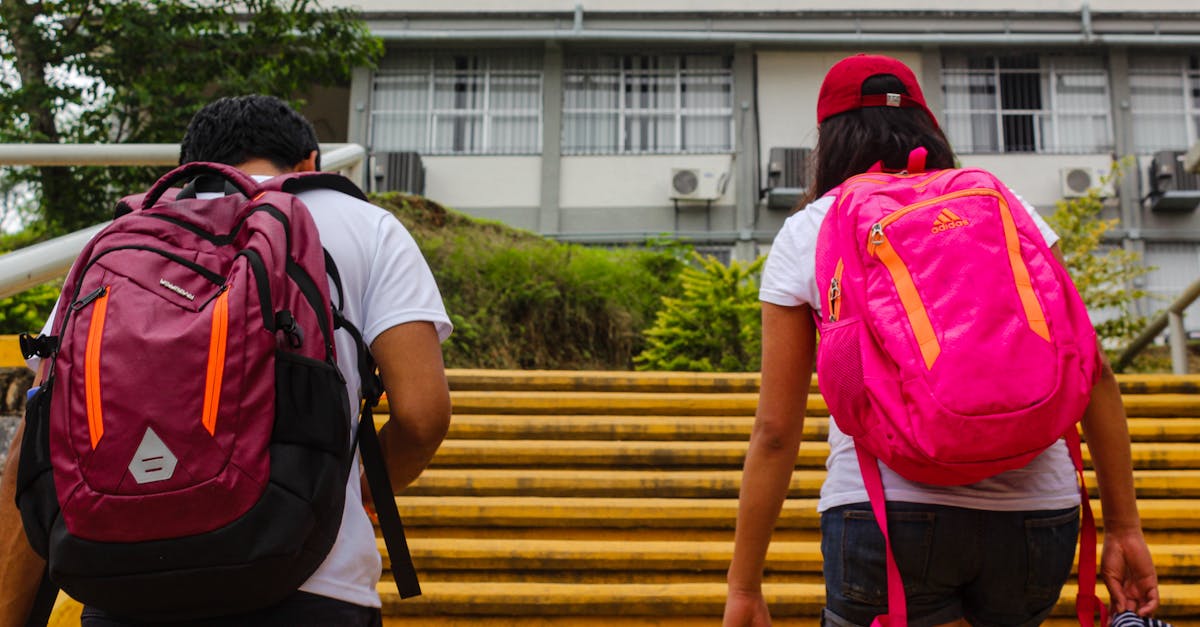
Budget-friendly Tips For Students
- September 30, 2024
- 5 min Read
- Views 348
Budget-Friendly Tips for Students
Being a student often means grappling with limited finances and the constant challenge of making ends meet. However, navigating through your studies without breaking the bank is entirely possible. This article brings you the most practical budget-friendly tips for students. By adopting these strategies, you can save money while still enjoying your college life to the fullest.
Save on Course Materials
Textbooks and other study materials can be a significant drain on your budget. Here are some ways to cut down on these expenses:
- Buy Used Books: Opt for second-hand books from campus bookstores or online platforms. Sites like Amazon, eBay, and Chegg offer used books at a fraction of the cost of new ones.
- Rent Textbooks: Consider renting your textbooks instead of buying them. This can save you a substantial amount of money, and websites like BookRenter and CampusBookRentals offer great rental deals.
- Share with Classmates: Partner with classmates to share textbooks or buy digital versions that you can access at a lower price.
- Use the Library: Make full use of your campus library. You can borrow textbooks, access research materials, and even use digital archives.
Affordable Food Options
Food is another major expense for students. Budget-friendly tips for students regarding meal planning can help you save considerably:
- Cook at Home: Preparing your meals allows you to control your portions and select budget-friendly ingredients. Cooking in bulk and meal prepping for the week can be both economical and time-saving.
- Use Student Discounts: Many grocery stores offer student discounts. Don’t forget to ask for them or check online for discount coupons and deals.
- Plan Your Meals: Planning your meals can prevent impulse buys and ensure you use all the ingredients you purchase, minimizing waste.
- Avoid Eating Out: Limiting dining out to special occasions can substantially cut costs. When you do eat out, take advantage of student deals or happy hour specials.
Manage Transportation Costs
Transportation can consume a chunk of your budget. Here are some budget-friendly tips for students to reduce transportation expenses:
- Use Public Transport: Public transportation is generally cheaper than owning a vehicle. Look for student discounts on local buses, trains, or trams.
- Bike or Walk: If you live close to campus, consider biking or walking. It's not only cost-effective but also a great way to stay fit.
- Carpool: Sharing rides with friends or classmates can split fuel costs and reduce overall expenses.
- Limit Rideshare Services: Use rideshare services sparingly and only when necessary, as frequent use can quickly add up.
Financial Management and Saving
Effective financial management is crucial for sticking to a budget. Here are some tips to help you manage and save your money wisely:
- Set a Budget: Track your income and expenses to set a realistic budget. Apps like Mint or YNAB (You Need A Budget) can help you keep track of your spending.
- Open a Savings Account: Having a separate savings account can encourage you to save a portion of your money regularly.
- Avoid Credit Card Debt: Use credit cards wisely to avoid accumulating debt. Pay off the balance each month to avoid interest charges.
- Take Advantage of Student Discounts: Banks and other service providers often have special offers and reduced fees for students. Make sure to compare and choose the best deals available.
- Seek Part-Time Work: Balancing a part-time job with your studies can provide extra income. Look for flexible campus jobs or freelance opportunities that suit your schedule.
Guide Steps to Implement Budget-Friendly Tips for Students
Step 1: Evaluate Your Current Spending
Start by assessing your current spending habits. Create a list of your monthly income and expenses to identify areas where you can cut costs.
Step 2: Create a Realistic Budget
Based on your evaluation, set a realistic budget. Allocate funds for essential expenses like rent, food, and transportation, and identify how much you can save each month.
Step 3: Track Your Expenses
Use budgeting apps or spreadsheets to track your daily expenses. This helps you stay within your budget and highlights any unnecessary spending.
Step 4: Adjust and Optimize Spending
Regularly review your budget and adjust as needed. Look for additional ways to save money, and be flexible with your spending if unexpected expenses arise.
Step 5: Build an Emergency Fund
Aim to build an emergency fund to cover unexpected costs. Even small, regular contributions can add up over time, providing financial security when needed.
Step 6: Monitor and Review
Consistently monitor your budget and savings goals. Regular reviews ensure you stay on track and adapt to any changes in your financial situation.
Frequently Asked Questions (FAQ)
What are the best apps for tracking expenses?
Apps like Mint, YNAB (You Need A Budget), and PocketGuard are popular among students for tracking expenses and managing budgets effectively.
How can I save money on entertainment?
Take advantage of student discounts for movies, events, and subscriptions. Explore free or low-cost activities such as visiting museums, attending campus events, or enjoying local parks and outdoor activities.
What are some tips for managing part-time work and studies?
Look for campus jobs that understand student schedules, prioritize time management, and communicate with your employer about your academic commitments. Freelance work can offer flexibility as well.
Tags
- student budgeting
- college expenses
- budget-saving tips
- financial management for students
- student discounts
References
People Also View
-
1October 09, 2024
-
2October 03, 2024
-
3October 01, 2024
-
4October 09, 2024
-
5October 09, 2024
Categories
- Near Me 2147 Posts
- How To 548 Posts
- Where To 257 Posts
- Why 90 Posts
- How Much 97 Posts
- Travel 202 Posts
- Food And Drink 815 Posts
- Shopping 797 Posts
- Lifestyle 1050 Posts
- Automotive 364 Posts
- Digital Income 70 Posts








